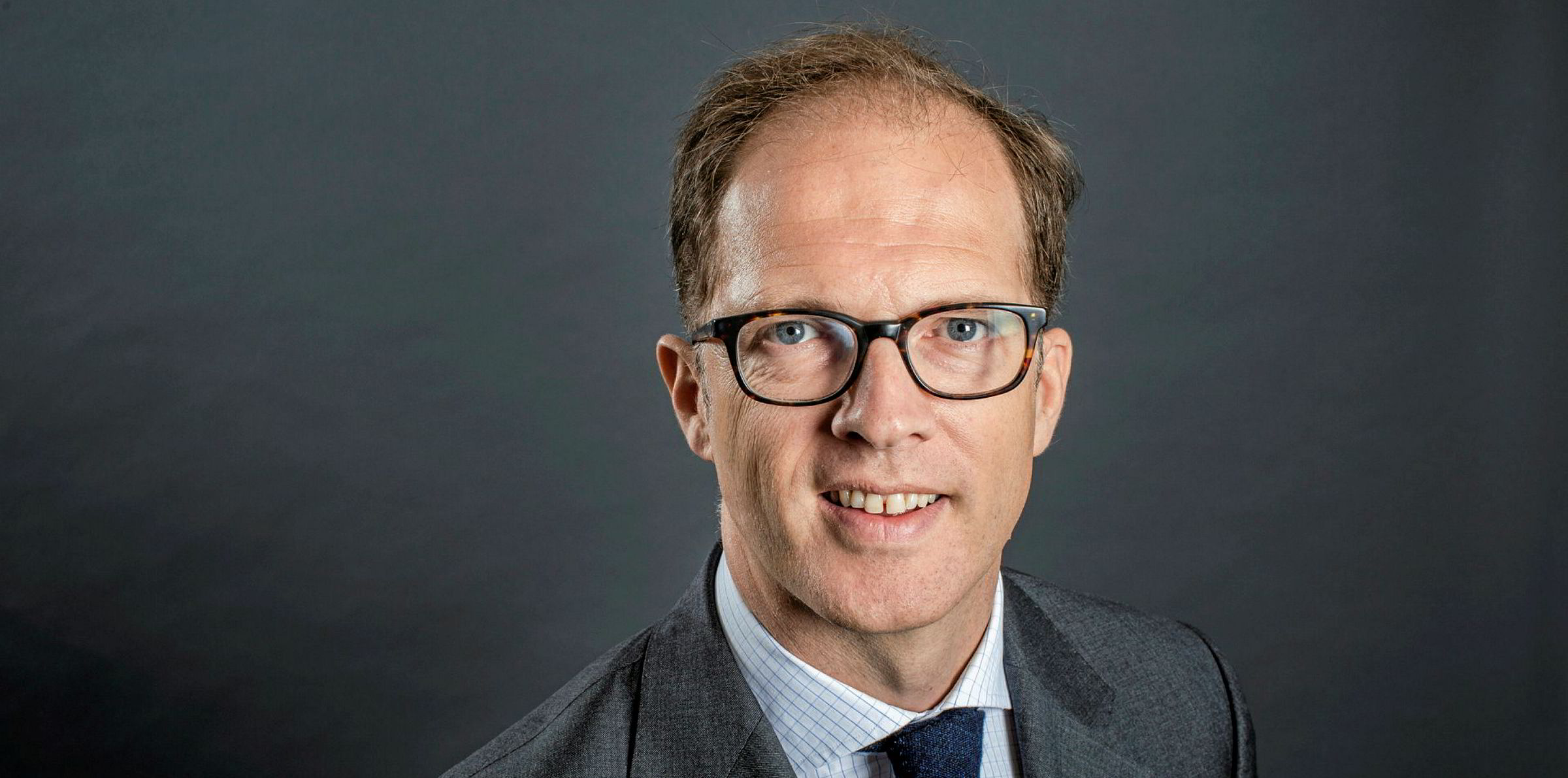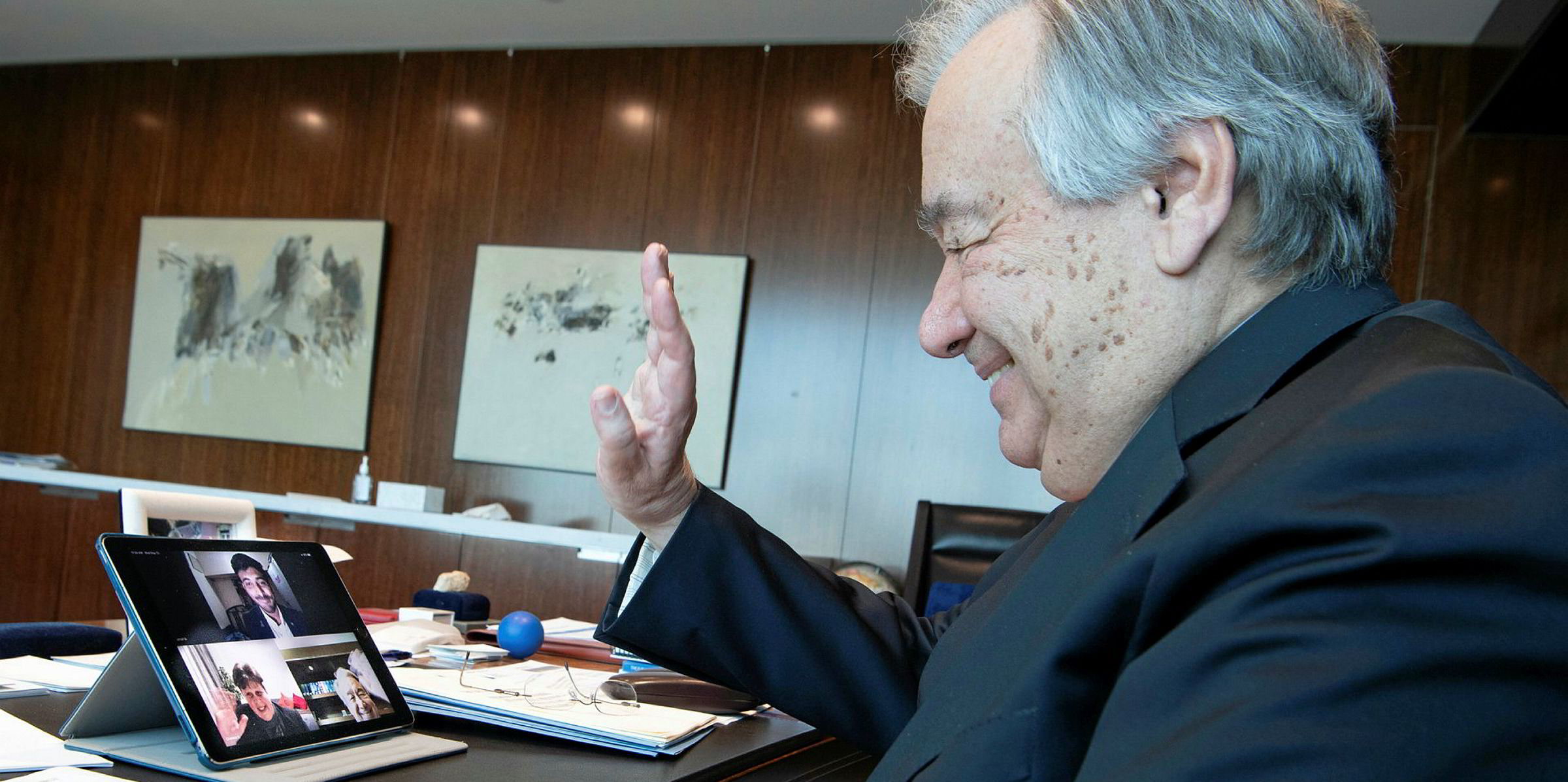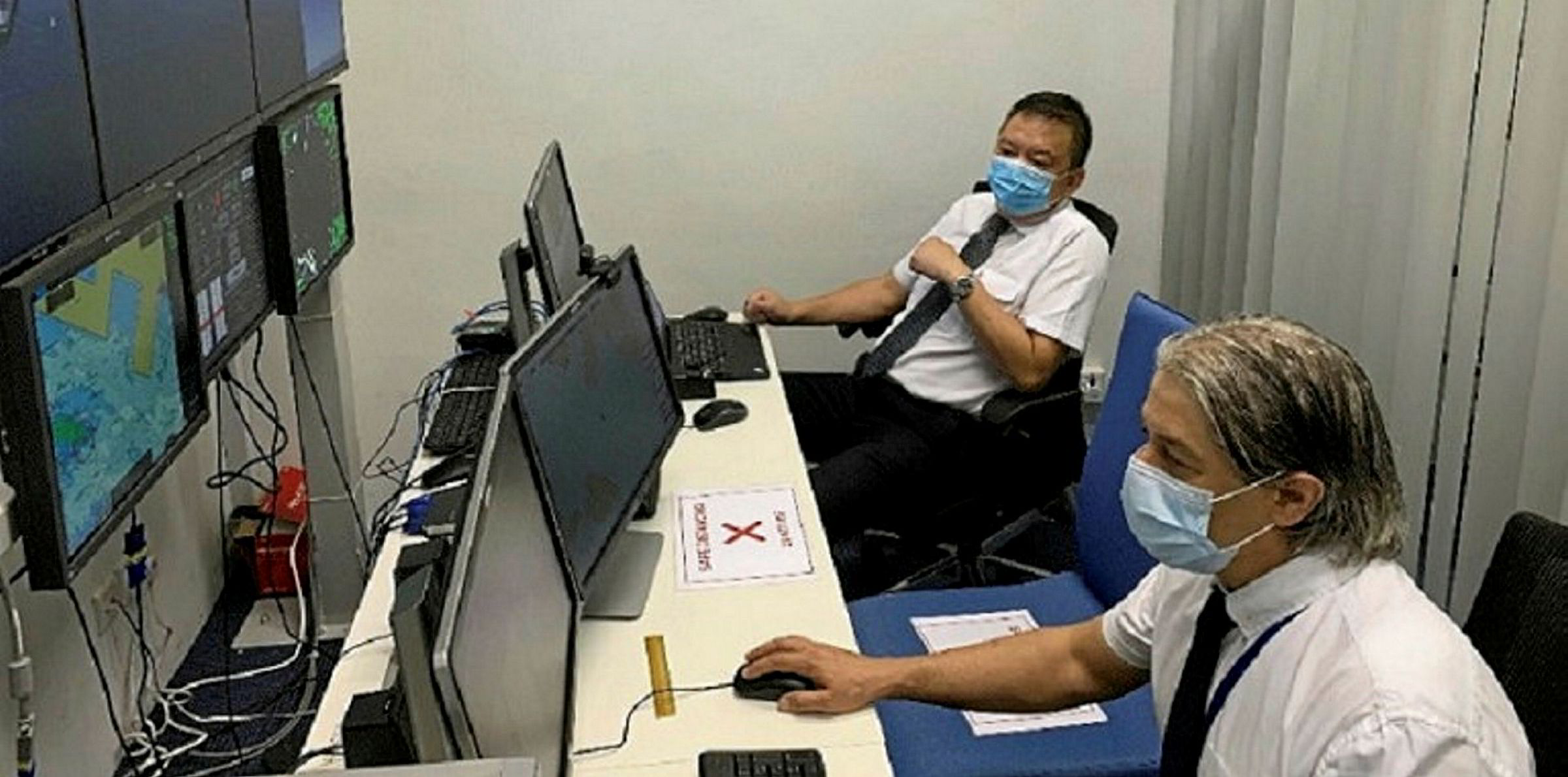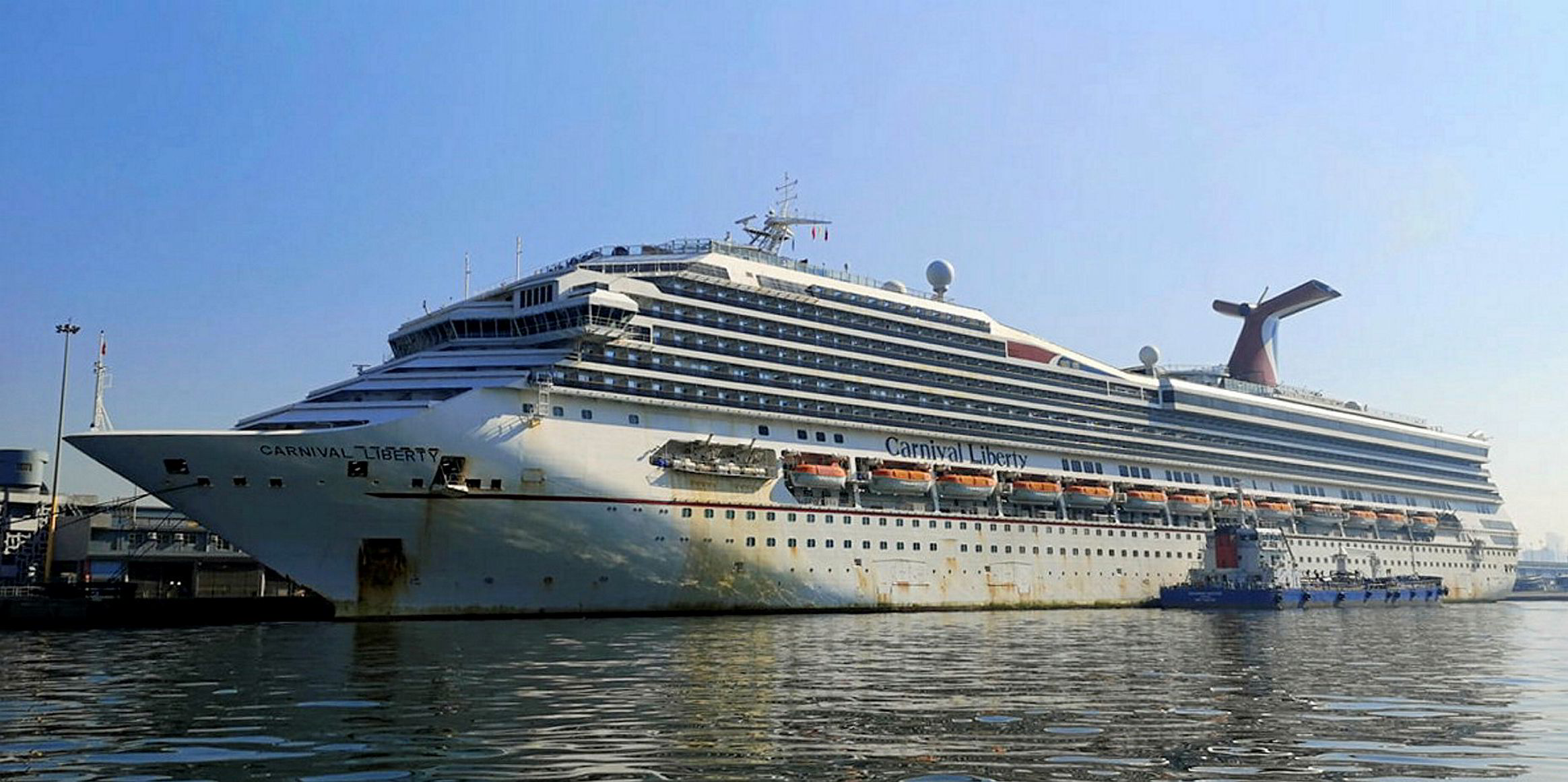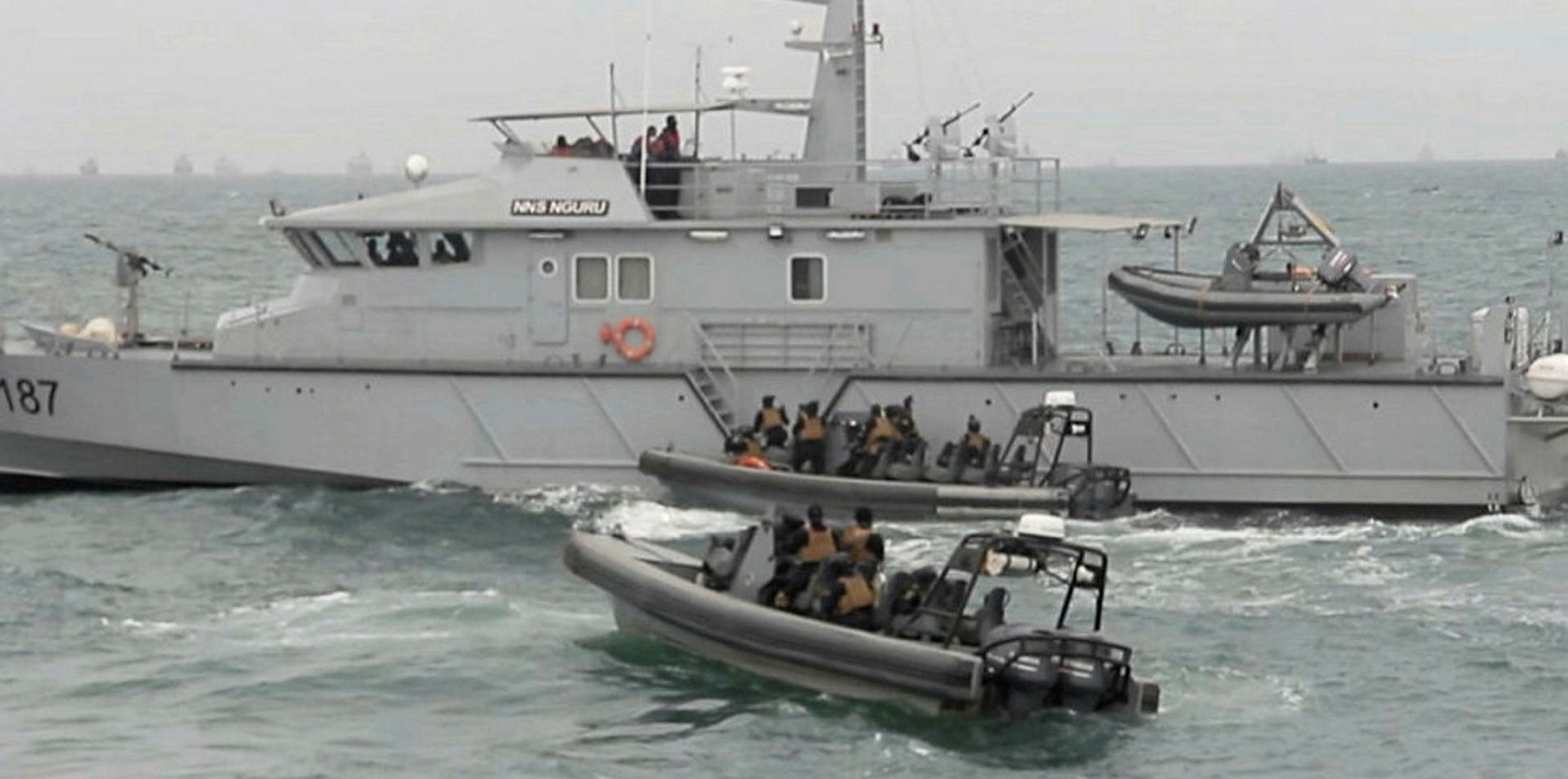Euronav chief executive Hugo De Stoop has said shipping must take a long, hard look at itself following the crew changeover crisis caused by the Covid-19 pandemic.
The Belgian tanker boss told Global Maritime Forum's Virtual High-Level Meeting that the industry's lack of transparency meant politicians were unwilling to listen to its concerns when the crunch came.
Euronav management had thought the solution to changeovers during lockdowns would be relatively simple — if crew members were granted key worker status, they could travel freely.
"We thought it would be easy to give those people the status of key workers during the crisis. That was not the case," de Stoop said.
"I'm still very hopeful this can be an easy solution for the future, but we have had a humanitarian crisis, which is continuing."
Time to look in the mirror
De Stoop added that it would be easy to blame the politicians, and complain that they would not play ball and listen to shipowners.
"But maybe we need to reflect why that would be the case," he added.
"The maritime industry can probably blame itself for that, and that is simply because we have tried to be untransparent, to hide behind the systems, to be as unregulated as possible, to pay as little tax as possible."
The Euronav boss said many ships are registered in small jurisdictions where regulations and tax are almost non-existent.
But he added: "This crisis is revealing something, and that is that the world has globalised and has become transparent. I think the shipping industry must become more transparent and must be recognised by the world for what it does."
De Stoop said the sector enables growth and globalisation.
"If you stop shipping, you stop the world," he added. "It's time we recognised the people working on the ships and the sacrifices they are making."
Hostages of the pandemic
The Euronav CEO said crew members had been "hostages of the situation", as 400,000 became stranded on vessels worldwide.
"They were not permitted to disembark because people feared the travel would carry the virus further, which is a little bit ridiculous from the perspective of having spent six months on board and obviously having not seen anyone that could infect them," he added.
De Stoop warned the crisis is not over and that the total of 400,000 affected crew members will go up.
The executive explained Euronav has had a certain degree of success in moving seafarers off vessels.
At the peak in July, the company had 630 people overdue for rotation, out of a total ship workforce of a little over 3,000. This number has now been cut to 341.
Some jurisdictions have now organised themselves to allow changeovers, by permitting seafarers to take Covid-19 tests.
De Stoop urged: "Let's pass a test and let people travel freely."
Port problems and solutions
Christine Loh, chief development strategist at Hong Kong University of Science and Technology, said Hong Kong crew changes had been allowed, but that this had created a "bit of a problem" because some of the new seafarers brought in had Covid-19.
"At one stage we didn't plug the hole of the seafarers and also the airline pilots that were coming in," she added.
Quah Ley Hoon, chief executive of the Maritime and Port Authority (MPA) of Singapore, said that over the last month Singapore has been changing hundreds of crew per day.
"It's a fine balance between public health risk and crew changes," she added.
Quah explained the MPA has set up a safe corridor for seafarers. This is effectively a travel bubble in which crew members quarantine for 10 days before flying in to Singapore, where they are housed in a holding centre to await their vessel.
De Stoop said that behind all the numbers there are individuals with personal lives.
Plans ruined
"At Euronav people had planned their contracts because they wanted to be home for a specific family event," he added. "They wanted to be with loved ones, to see the birth of a child, and very often that was prevented."
And he said: "Don't get me wrong, shipping people are extremely resilient, like I have almost never [seen] elsewhere in any other industry."
But not being able to give them an end date for contracts affects their mental health, de Stoop added.
"When there is no date in sight, people get desperate, you believe you will be on board forever," he said.
"That is a very delicate situation we have tried to manage to the best of our abilities at Euronav. But believe me, this will leave scars."
De Stoop hosted video calls with crew during the crisis, but said owners had not listened to seafarers enough.
"They are the best ambassadors we have," he added.
